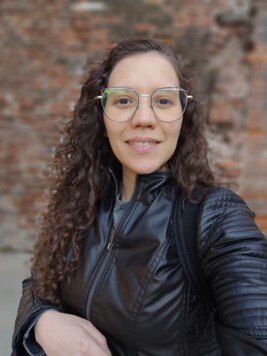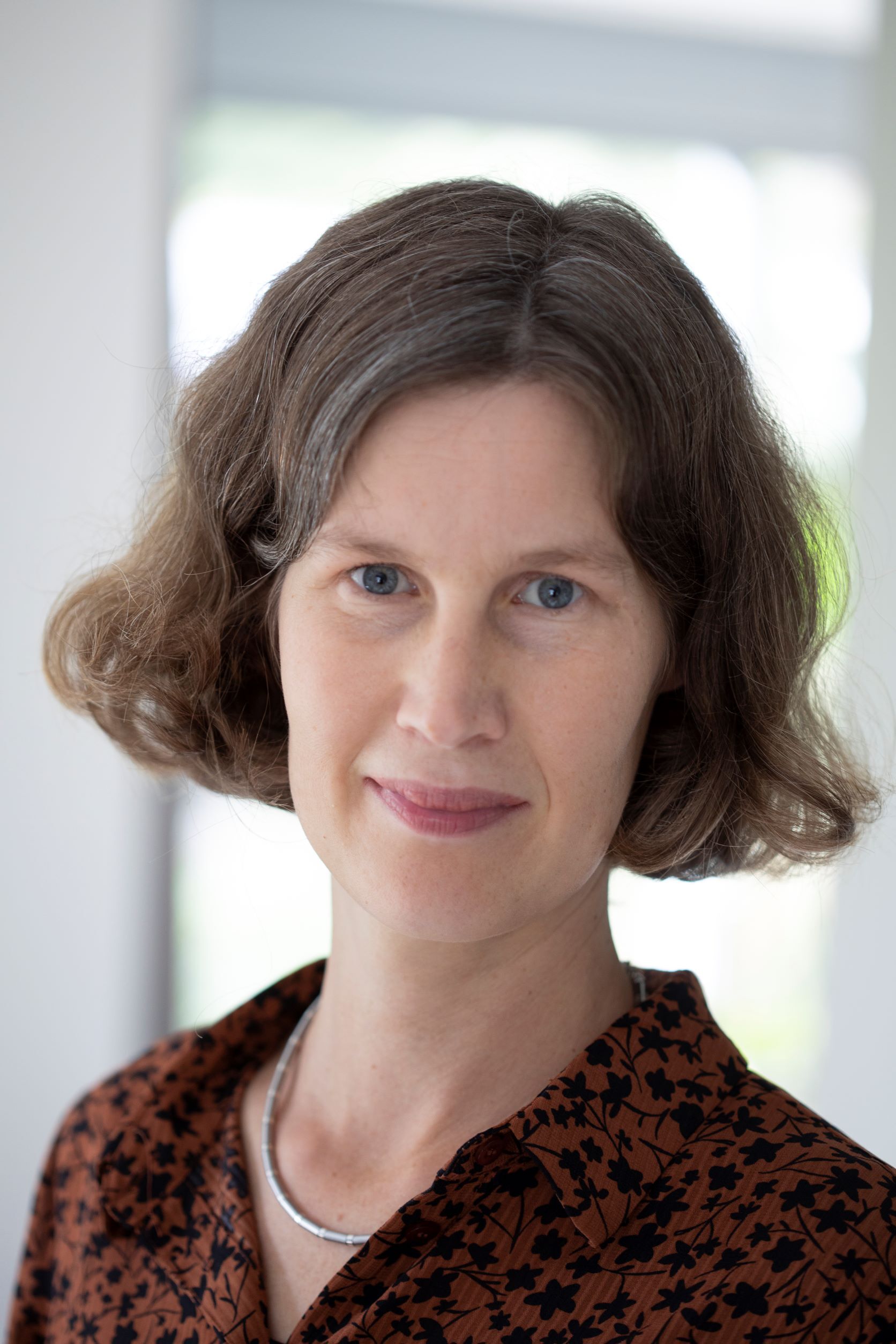
Liesbeth Baartman
HU University of Applied Sciences Utrecht, The Netherlands
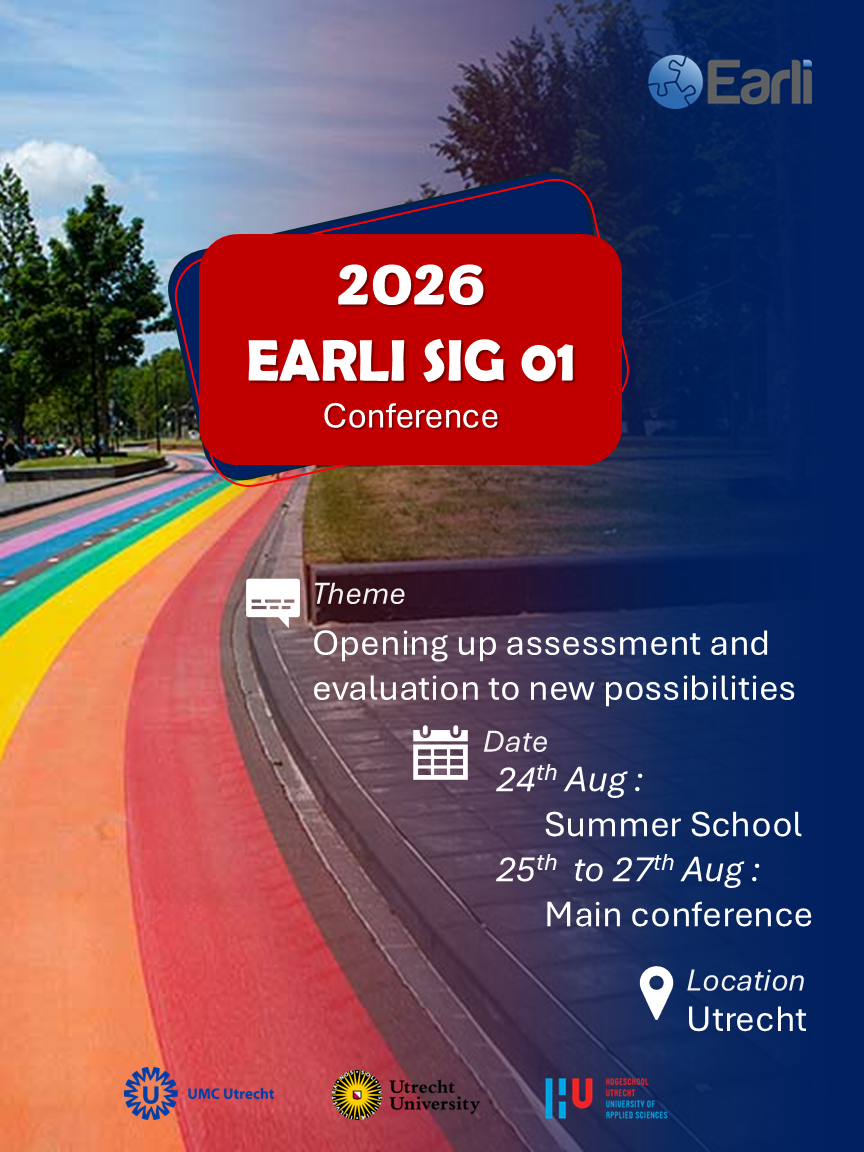
Under the theme "Opening up assessment and evaluation to new possibilities" the EARLI SIG 1 Conference 2026 invites researchers and educators to explore how assessment and evaluation can move beyond traditional boundaries. Reflection on how educational assessment and evaluation research and practices can be made more transparent, adaptable, and responsive to diverse learners, perspectives, and contexts is encouraged by this theme.
Opening up assessment challenges us to broaden the ways in which assessment and evaluation are conceptualized and implemented. From classroom-based to large-scale contexts, including feedback, peer and self-assessment, collaborative and co-created approaches, electronic assessment, and learning analytics, the theme promotes exploration across different research traditions in assessment and evaluation. In addition to being open to different perspectives, flexible designs, and socially conscious practices that prioritize justice, authenticity, and student and teacher agency, it calls for innovation in theoretical, methodological, and interdisciplinary directions. In this way, assessment and evaluation can contribute both to meaningful individual learning processes and to collective goals across educational systems and levels.
Advances in technology, such as artificial intelligence (AI) and automated feedback systems, open up new avenues for effective, flexible, and efficient assessment. At the same time, they raise important questions about accountability, equity, and the role of human judgment. Technology is one of many lenses through which openness can be explored.
This conference offers a platform to exchange research findings and ideas within the community of EARLI researchers who study assessment and evaluation. In the beautiful city of Utrecht, we aim to create a space for new connections, experimentation, and reflection.
To be announced.
Please provide the scientific posters in portrait format and A0 size. The guided sessions will start with a 3-minute pitch in plenary manner, ensuring enough time for discussion to make this an interactive format. Please prepare yourself to capture the audience's interest in just a few sentences. We will be strict on time, so it is your responsibility to stay within the 3-minute limit.
For poster proposals please submit a short abstract of 100-150 words + extended summary of max. 750 words.
This format allows researchers to present their empirical or theoretical work. Presentations have a duration of 20 minutes (15 minutes for the presentation and 5 minutes for discussion).
For paper proposals please submit a short abstract of 100-150 words + extended summary of max. 750 words.
A symposium will consist of three to four papers and a discussant. Each paper should be allocated 15-20 minutes for presentation, 10-15 minutes for the discussant, and some time for open discussion (we are, however, open for innovative ideas – please contact us if you wish to organize your symposium in a different way). Symposia organizers have to nominate the discussant who is responsible for integrating the individual contributions. We encourage international collaborations.
For symposia proposals, please submit for each paper a short abstract of 100-150 words + extended summary of max. 750 words.
Open submission sessions are designed for work, ideas, or practices that don’t fit well into traditional symposiums, paper presentations, or posters. These sessions run for 45 to 90 minutes and give participants the freedom to design a format that is best suited to disseminate and communicate their work.
please submit for each paper a short abstract of 100-150 words + extended summary of max. 750 words. Clearly describe how your session will be structured. You may also use a timeline to indicate the session’s structure
9th October
20th December
15th February
3rd March
10th March
24th July
24th August
25-27 August

HU University of Applied Sciences Utrecht, The Netherlands
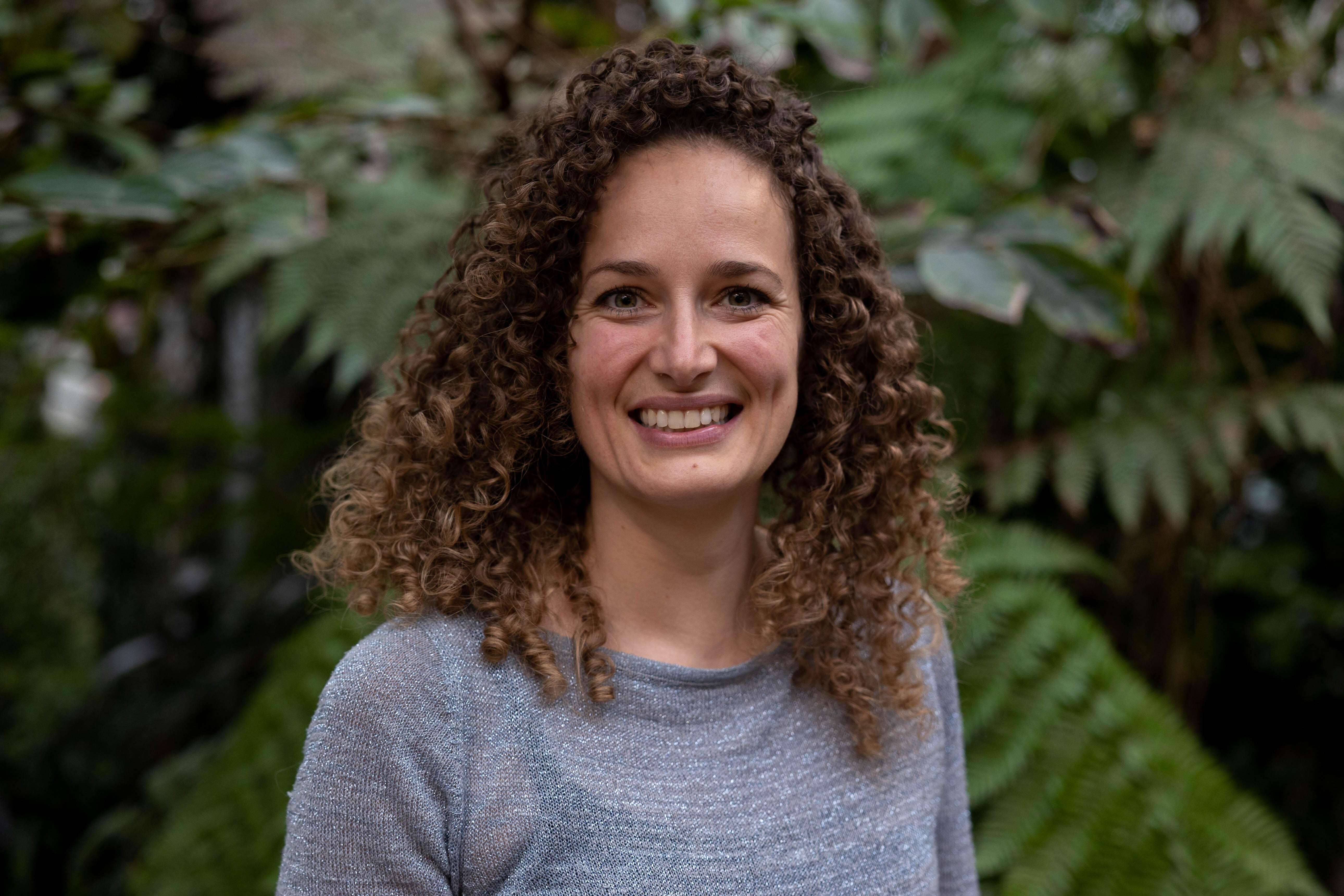


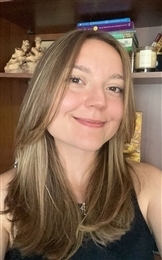
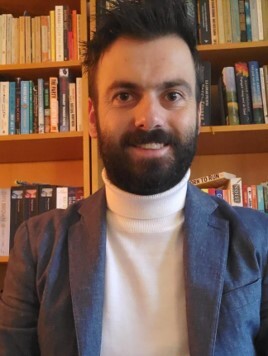
Maastricht University, The Netherlands
SIG coordinator
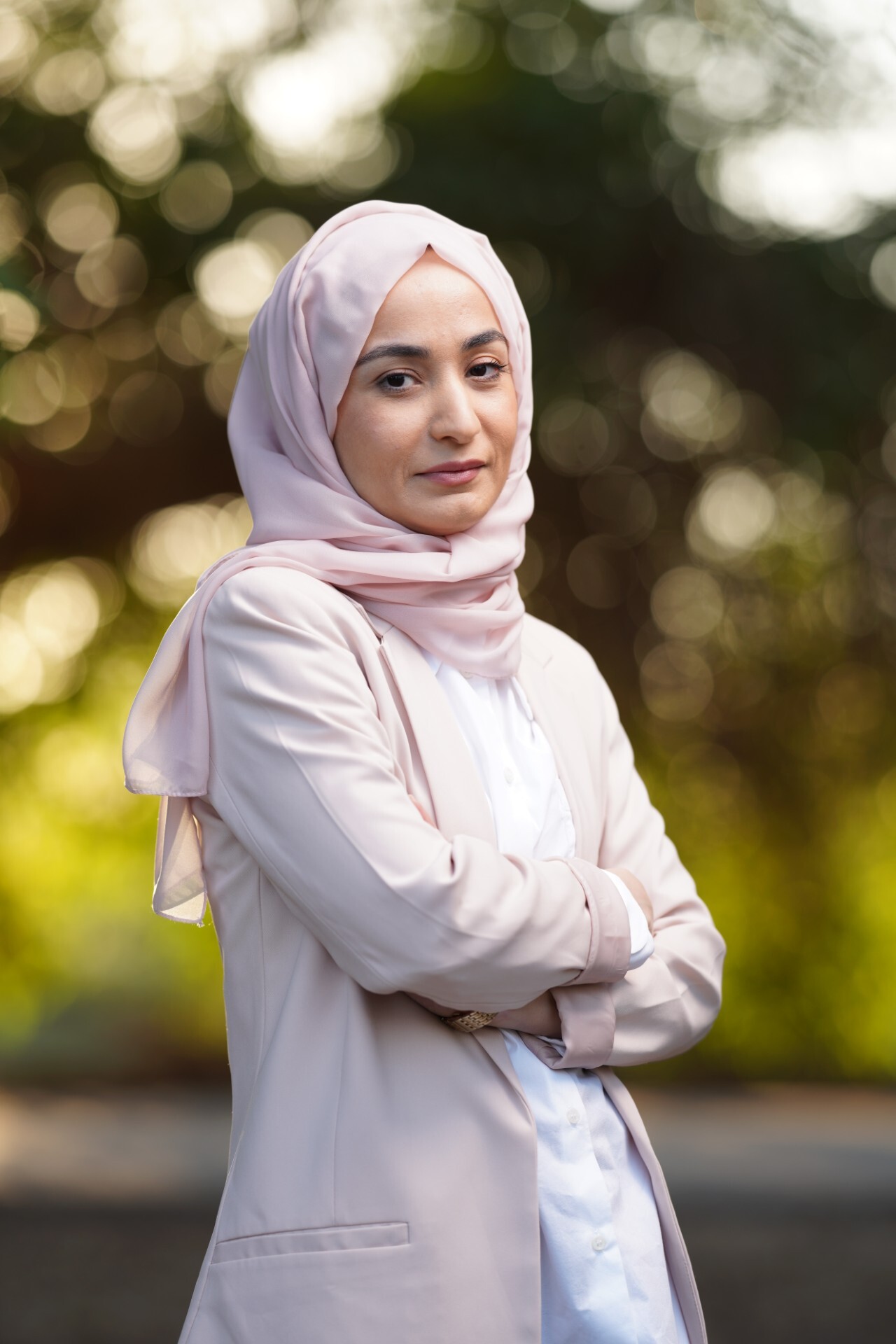
Leiden University, The Netherlands
SIG coordinator
